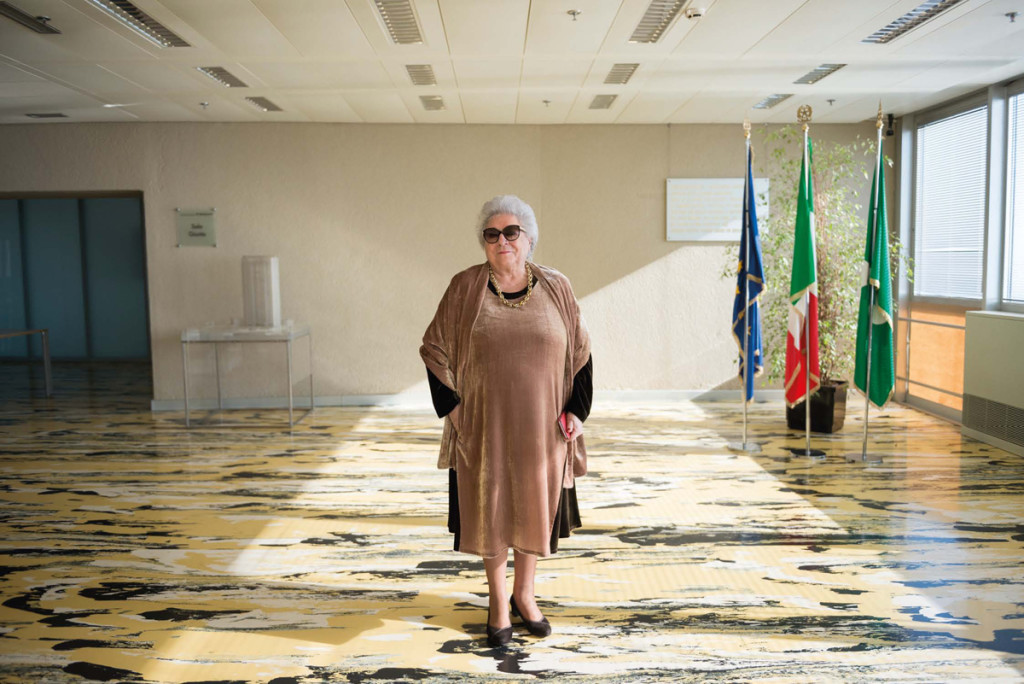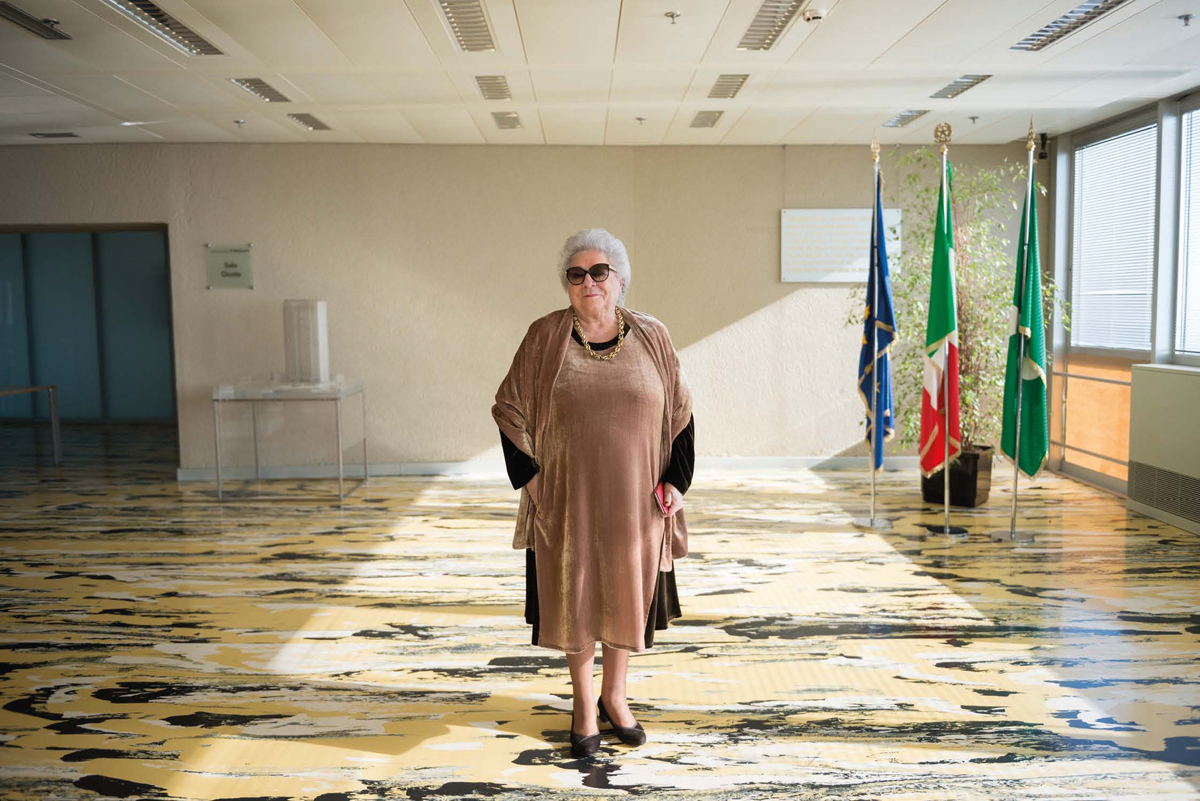
Livia
LIVIA // Ex Presidente del Tribunale di Milano // Milano
Presidente del Milan Center for Food Law and Policy
Il Milan Center for Food Law and Policy nasce all’inizio del 2014 su iniziativa di Expo Milano 2015, Regione Lombardia, Comune e Camera di Commercio di Milano con l’intento di contribuire a costruire l’eredità immateriale dell’Esposizione Universale. Mi hanno fatto l’onore di chiedermi di presiederlo. La mia esperienza, la mia vita apparteneva al mondo della giustizia, da qui la mia idea di puntare l’interesse e di impegnare le attività del Milan Center sull’accesso al cibo e sul diritto al cibo adeguato. Una sottolineatura dell’importanza della qualità dell’alimentazione in relazione al rispetto e alla dignità dell’uomo.
La nostra ambizione è ora quella di fare di Milano la capitale mondiale dell’alimentazione; abbiamo oltre 50 partner, a noi associati, tra istituti universitari, ministeri, enti e istituzioni. Vorremmo creare quello che ho definito un grande canestro; “canestro”, lo so, è una parola poco usata, normalmente si parla di rete o network ma il canestro, nella tradizione, significa qualcosa di più: c’è una sorta di affettività in questo termine che consente a tutti coloro che vi si trovano all’interno di lavorare insieme. Per cosa? Per il bene comune, ben oltre i confini italiani, rivolgendo il nostro sguardo a tutto il mondo. Noi del Milan Center rivendichiamo il primato di aver gettato per primi il seme del diritto al cibo nella Carta di Milano. È un peccato che Milano rischi di perdere un primato che aveva conquistato, indipendentemente dal folclore, dalle grandi manifestazioni di popolo e di piazza tipiche di un’Expo, una primazia intellettuale e culturale che non può essere colmata solo sul piano tecnologico ma deve essere colmata soprattutto
sul piano dei diritti, che sono alla base della sopravvivenza civile di tutti i popoli: non c’è cibo senza diritto.
Lavorando anche con le Nazioni Unite il Milan Center spera di poter contribuire a lanciare una convenzione mondiale sulle regole minime per il diritto al cibo e al cibo adeguato in tutto il mondo, per rendere un servigio importante all’intera umanità, partendo da Milano, faro dell’alimentazione.
Sono da sempre impegnata sul fronte dei diritti umani, ho lavorato molto con le Nazioni Unite: l’impegno per l’umanità non può avere una data di inizio o di fine, è un impegno che continua ed è destinato a continuare per tutta la vita.
Former President of the Court of Milan // Milano
President of the Milan Center for Food Law and Policy
The Milan Center for Food Law and Policy was established in early 2014 at the initiative of Expo Milano 2015, the Lombardy Region, the Municipality of Milan and the Milan Chamber of Commerce, in order to contribute to building the intangible legacy left by the Universal Exposition. These entities did me the honour of asking me to lead the Center. My experience, my life belonged to the world of justice, that is why my idea was to focus the interest and the Milan Center’s activities on access to food and the right to adequate food. The aim was to emphasise the importance of food quality in connection with respect and human dignity. Now, our ambition is to make Milan the world’s food capital. We have over 50 partners that associated with us, including universities, ministries, entities and institutions. We would like to create what I called a large basket. I know that this word is not used very commonly, as we usually talk about network, but traditionally the basket means something more, as it conveys a sort of affection that enables everyone being inside the basket to work together. Work towards what? Towards the common good, which goes well beyond Italy’s borders and involves the entire world. Milan Center was the first to have scattered the seed of the right to food into the Charte of Milan. It would be a pity if Milan lost the leadership it has gained, apart from the folklore of the popular and public big events that are typical of an Exposition. It is an intellectual and cultural leadership that cannot be implemented only at technological level, but has to be implemented especially at the level of rights, which are the basis of civil survival of all people – there is no food if there is no right.
By also working with the UN, the Milan Center hopes to contribute to setting up a world’s convention that sets out minimum rules on the right to food and adequate food worldwide, in order to offer an important service to the entire humanity, starting from Milan, the beacon
of food.
I have always been engaged in human rights, and I have worked a lot with the UN. The commitment to humanity cannot have a start or end date, it is a commitment that continues and is set to continue all life long.

